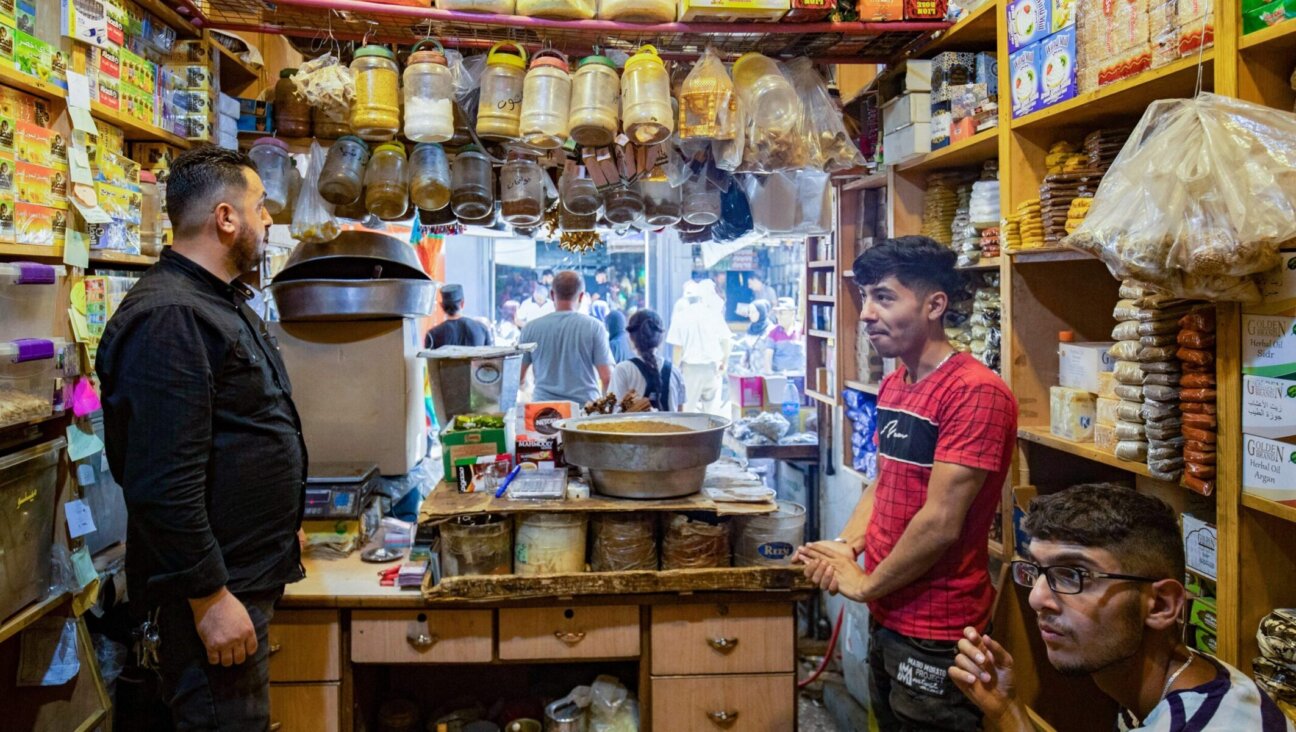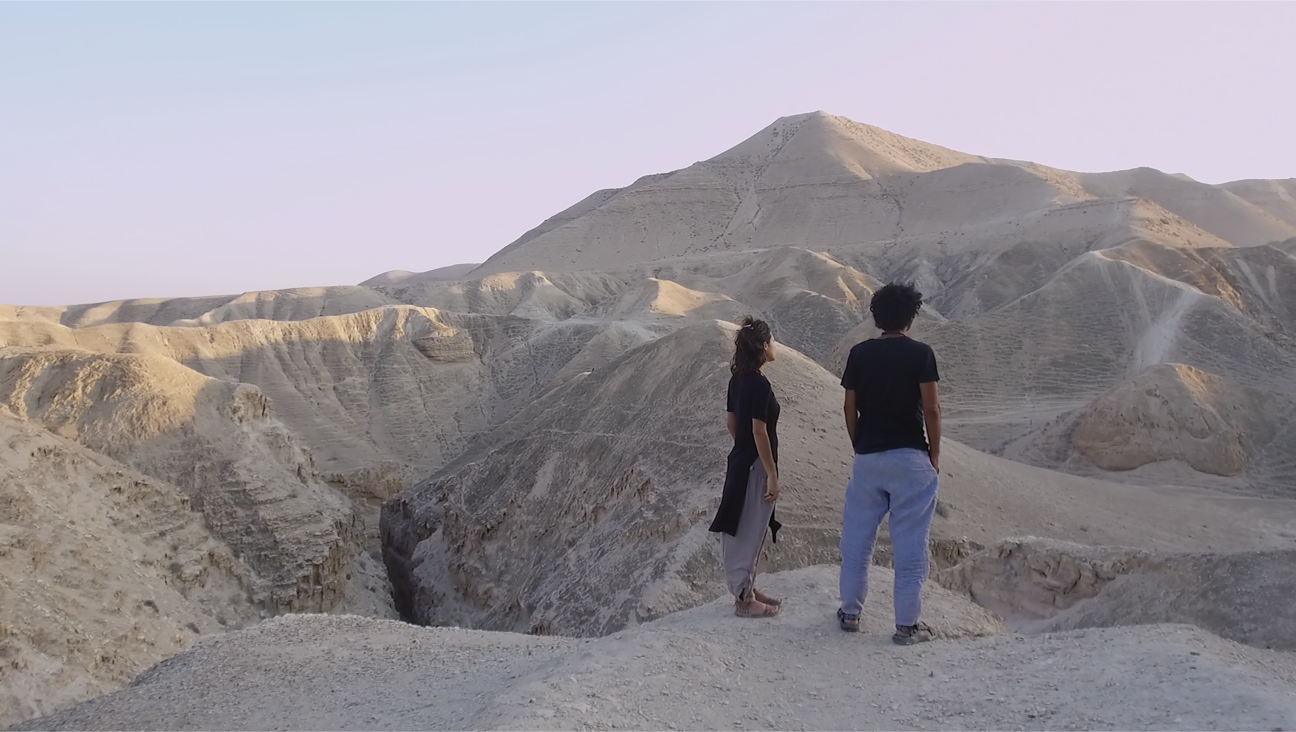Israel’s President Brings Muslims, Jews Together to Make Anti-Terror Statement

Reuven Rivlin Image by Getty Images
Jewish and Muslim leaders gathered at Israeli President Reuven Rivlin’s Jerusalem home on Thursday night in a meeting intended to discuss tensions between the two groups and make a united front against religious violence. But while reported by The New York Times, no record of the meeting exists, because the Palestinian attendees refused to be photographed, and only one identified himself.
“We believe the deliberate killing of or attempt to kill innocents is terrorism, whether it is committed by Muslims, Jews or others. In this spirit, we encourage all our people to work for a just peace, mutual respect for human life and for the status quo on the holy sites, and the eradication of religious hatred,” the participants wrote in a statement. Rivlin described the meeting as “important and significant—perhaps the most important meeting that could be held during these days.”
The discussion, which included Israel’s Chief Sephardic Rabbi, Yitzchak Yosef, and the head of the Palestinian Authority Sharia Court, Sheikh Mahmoud Habbash, comes amid a climate of anger and suspicion between Jews and Muslims in Israel and the West Bank. On Monday, a Palestinian terrorist from East Jerusalem shot to death an elderly Israeli woman and a soldier, delaying the meeting, which was supposed to occur on that day.
It was alleged that the killer, a member of Hamas, had been motivated in part by a continuing feud over Jerusalem’s Temple Mount, home to Islam’s al Aqsa Mosque and Dome of the Rock, and also Judaism’s holiest site. In recent years, some right wing Israeli Jews have begun a movement to pray on the Temple Mount, breaking with a status quo that forbade Jewish worship there, in favor of the Western Wall. That has set off repeated disturbances at the site between Muslims and Jews. This week has also seen Israel react forcefully to an Arab sponsored resolution at Unesco, the United Nations’ cultural agency, which denies a Jewish connection to the Temple Mount.
The discussion came at the behest of the Washington Institute for Near East Policy, which had been arranging the discussion for several months.
“When we see a complete impasse at the political level we’re looking for ways to have an impact on public opinion on both sides,” David Makovsky, a researcher at the Institute, told The New York Times. “Religious figures might not have the power but they have enormous influence.” He said that he hoped there would be a followup meeting in Ramallah, the current site of Palestinian government.
But comments from Habbash, the one Palestinian official to be named as a participant, show how difficult the road to reconciliation, among religious as well as political leaders, might be.
In a June sermon, he denied any Jewish connection to the Temple Mount, according to a translation by an Israeli watchdog Palestinian Media Watch.
“The problem between us and them is not is not a problem of religious or historical narrative,” he said in the address. “The problem is that they are thieves. The problem is that they are thieves who stole the land, and who want to steal the history.”
Contact Daniel J. Solomon at [email protected] or on Twitter @DanielJSolomon.
A message from our Publisher & CEO Rachel Fishman Feddersen

I hope you appreciated this article. Before you go, I’d like to ask you to please support the Forward’s award-winning, nonprofit journalism during this critical time.
We’ve set a goal to raise $260,000 by December 31. That’s an ambitious goal, but one that will give us the resources we need to invest in the high quality news, opinion, analysis and cultural coverage that isn’t available anywhere else.
If you feel inspired to make an impact, now is the time to give something back. Join us as a member at your most generous level.
— Rachel Fishman Feddersen, Publisher and CEO























